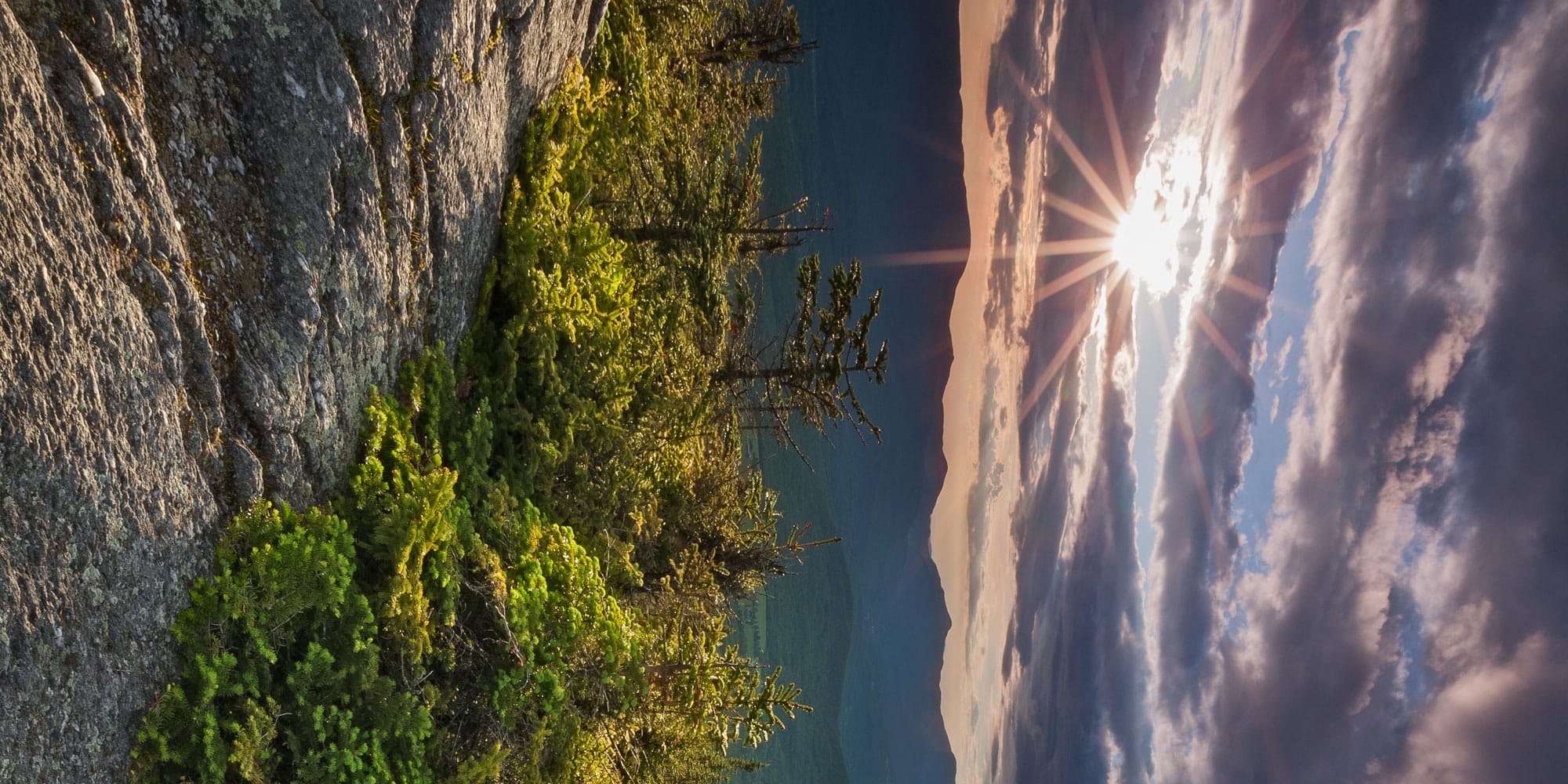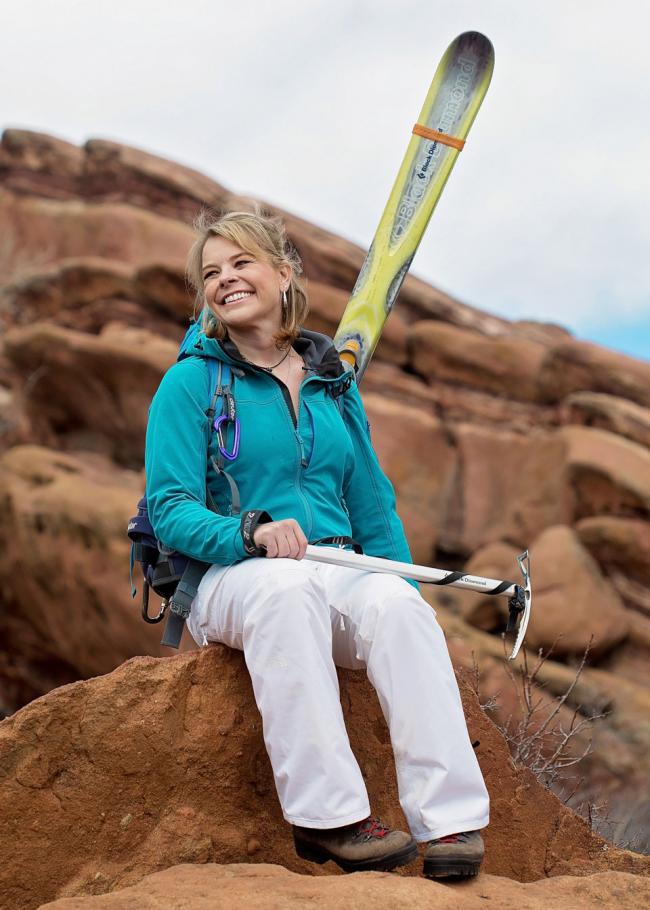Parisi says allyship means speaking up in situations like these. “Often, people feel like they need to be silent or agree with a bully in order to not be singled out themselves,” she says. “When you speak up, especially when other people are present, you isolate the bully and celebrate the person being othered.” As it has for so many of us, COVID-19 has challenged her approach. Typically, she pushes back against negative stereotypes by showing up in person, connecting with as many people as she can, dismantling ignorance and invisibility with her presence. Without these connections, “It’s too easy [for others] to accept the media’s portrayal of trans people being punchlines,” she says.
Changing individual minds matters—but few things change without institutional change. She calls for gender-neutral approaches to infrastructure like restrooms, programs like team sports, and even the language outdoor leaders choose. “When you go to a national park and you sit down at the fireside chat and they start with, ‘Hello, ladies and gentlemen,’ a person like me thinks, ‘Well, I better keep my mouth shut,’” Parisi says.
Parisi’s accomplishments and advocacy are all the more impressive because she’s faced such challenges to get this far. Mountaineering is a hazardous passion—but too many trans athletes face injustice and danger before they even lace up their boots. “We need to prioritize making people feel safe,” she says.
Follow and support Erin at transending7.org and on Instagram @transending7.
Read more conversations in this series here.


